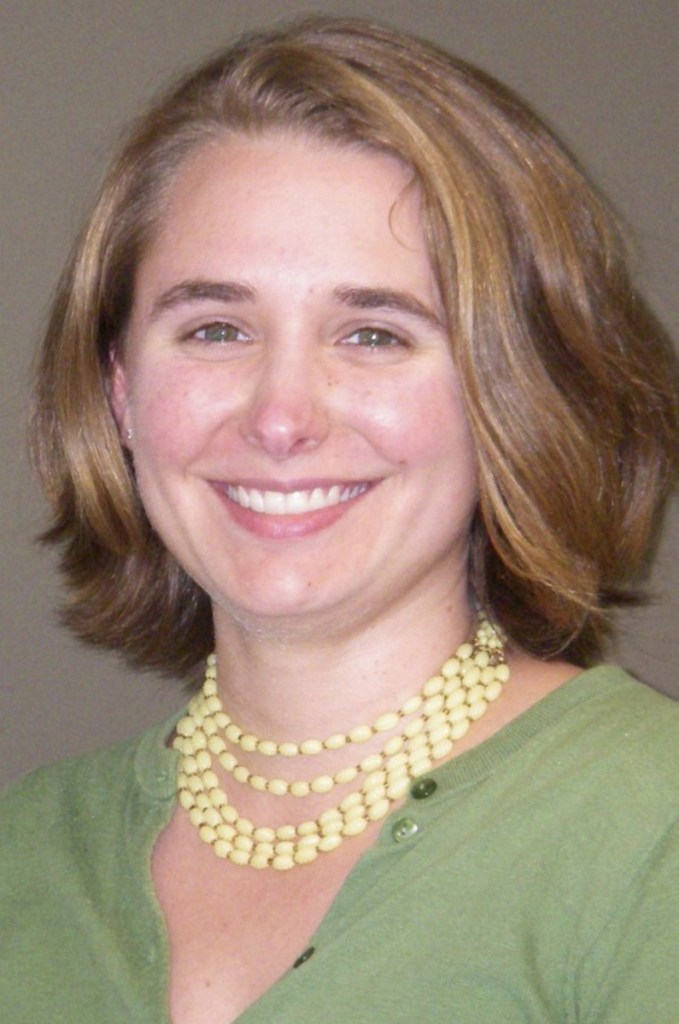Poverty and Income Inequality in Maine will be the topic of the next Forum on the Future set for 2-4 p.m. Sunday, March 4, at Jewett Hall on the University campus, Academy Drive. A snow date is set for March 25.
The intent of the event is to examine these issues as they affect everyone in the state, promote an exchange of ideas, and perhaps stimulate social change. The forum will be presented by the University of Maine at Augusta College of Arts and Science and University of Maine at Augusta Senior College.
Leading off the discussion will be Amanda Rector, M.A., the state economist. Originally from the coast of Maine, Rector earned a Bachelor of Arts degree from Wellesley College and a Master’s Degree in Public Policy from the Muskie School of Public Service in Maine. Her multi-faceted job entails ongoing analysis of Maine’s economy to inform planning and policy decisions, including special research projects undertaken with and for the Governor’s office, the Legislature and other state agencies. Also the Governor’s lliason to the U.S. Census Bureau, a member of the Revenue Forecasting Committee and supports the Director of the Office of Policy and Management on economic and tax policy issues affecting the state. She will present an overview of Maine’s economy, distribution of income, the difference between income inequality and poverty, and their effect upon the economy.
Contributing to the discussion will be Dr. Andrew Schaefer, who lives in Maine and is a vulnerable families research scientist at the Carsey School of Public Policy at the University of New Hampshire. His work involves research on poverty, the social safety net, women and work; and includes policies and programs that support low-income and other working families. Currently he is exploring counties with high child poverty and the economic conditions of immigrants in rural areas. Schaefer earned a Ph.D. in sociology with a concentration on work, families and religion, from the University of New Hampshire; a Master’s Degree from the University of New Hampshire, and a bachelor’s degree from Keene State College. Shaefer will examine poverty at the family level, root causes, factors that perpetuate poverty, as well as the interaction of food insecurity, lack of education, transportation barriers, unemployment and the effects of mood on motivation.
Rounding out the panel is Ed Cervone, M.A., executive director of Educate Maine, an organization dedicated to programs and policies that make it possible for Maine students to succeed in school, higher education and careers. He has been involved in Maine’s nonprofit sector for more than a decade, working on issues that relate to education and economic development. Other experiences include several roles at the Maine Development Foundation and the Maine Center for Economic Policy. A graduate of Princeton University, he also has a master’s degree from the University of Maine. Much of his free time is in the north woods of Maine. He will identify government and nonprofits that mitigate poverty, introduce the influence of early childhood care and education, and how Educate Maine works to increase workforce preparation and employment.
The forum will be moderated by Chuck Acker, PH.D., committee chairman, and former chairman of UMASC.
The first half of the program is devoted to the panel presenters, with a refreshment break, followed by a question-and-answer period.
For more information, call 621-3551, email umasc@maine.edu or visit www.umasc.org.
Send questions/comments to the editors.




